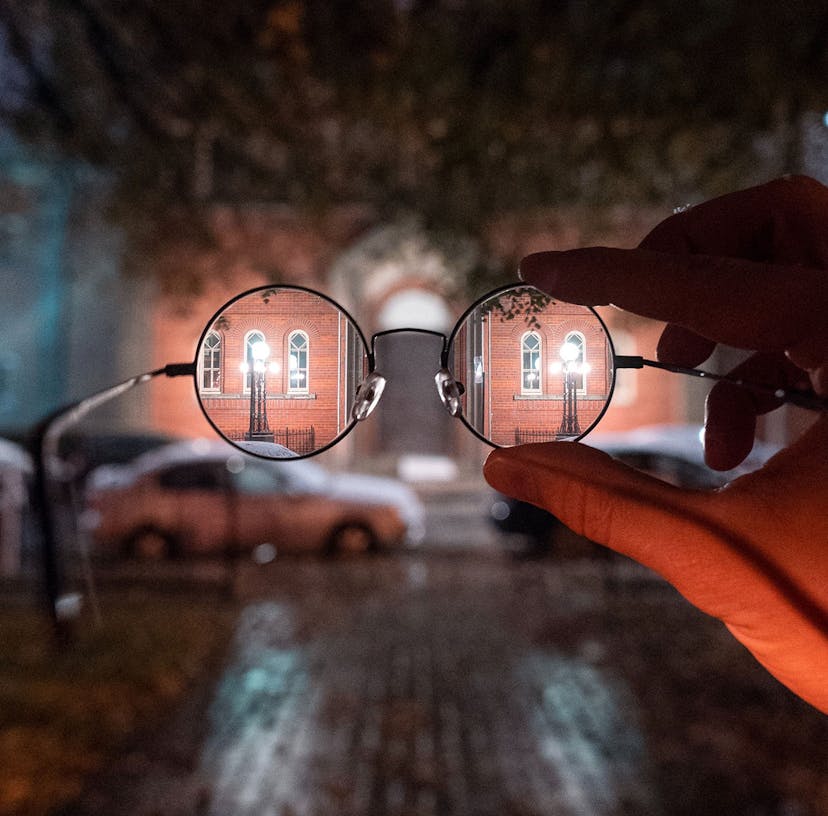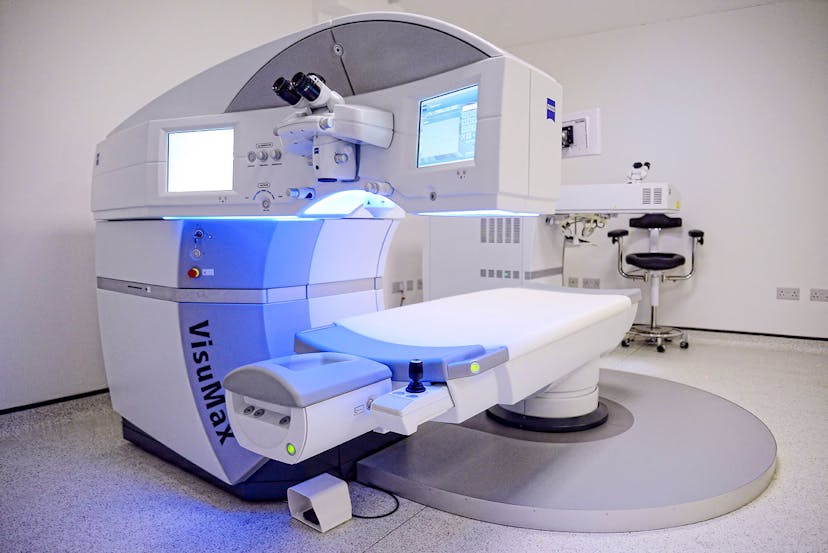
The term regression refers to the possibility that the eye gradually becomes out of focus again and requires glasses. The focus of the eye never remains constant throughout life.
Even patients who do not wear glasses will undergo fluctuations in their focus.
John Bolger M.B., B.CH., B.A.O., D.O., F.R.C.S., F.E.B.O.S.-CR
The glasses or contacts you had 5 years ago would be out of date now and will be different from the glasses or contacts you might need in 5 years’ time. However, it is probable that your vision will remain within the spectacle-free zone for a very long time and perhaps forever.
In the early days of laser corrective surgery, regression was not uncommon. The latest lasers seem to have a more stable outcome although by definition very long-term data is not available yet.
Nevertheless, it appears that with the latest technology enhancements can be carried out many years later if required.

Regression
- Natural Aging Process: As people age, they may experience changes in their vision. This is especially true for presbyopia, a condition that typically sets in around age 40 and affects close-up vision.
- Regression: In some cases, the eye may partially revert to its pre-surgery prescription. This is known as regression. It can occur if the cornea undergoes changes over time.
- Undercorrection or Overcorrection: While the surgeon aims for precise correction, there can be cases of under-correction (not enough correction) or overcorrection (too much correction). This can sometimes necessitate a touch-up procedure.
- Unforeseen Eye Conditions: Some eye conditions or diseases that were not apparent at the time of surgery may develop later on and affect vision.
- Cataracts: As people age, cataracts can develop. While laser eye surgery corrects refractive errors, it does not prevent the formation of cataracts.
- Presbyopia: Even after laser eye surgery, the natural ageing process can still lead to presbyopia. This might mean needing reading glasses for close-up tasks.
- Environmental Factors: Factors like prolonged screen time, exposure to certain substances, or even hormonal changes can affect vision.
It's important to note that while these are potential factors, many people experience long-lasting benefits from laser eye surgery. Regular check-ups with an eye care professional are crucial for monitoring any changes in vision and addressing them promptly. In some cases, a touch-up procedure or prescription glasses for specific tasks may be recommended. Always consult with an eye care specialist for personalised advice and follow their post-operative instructions carefully.
Find out more by Speaking to our team









